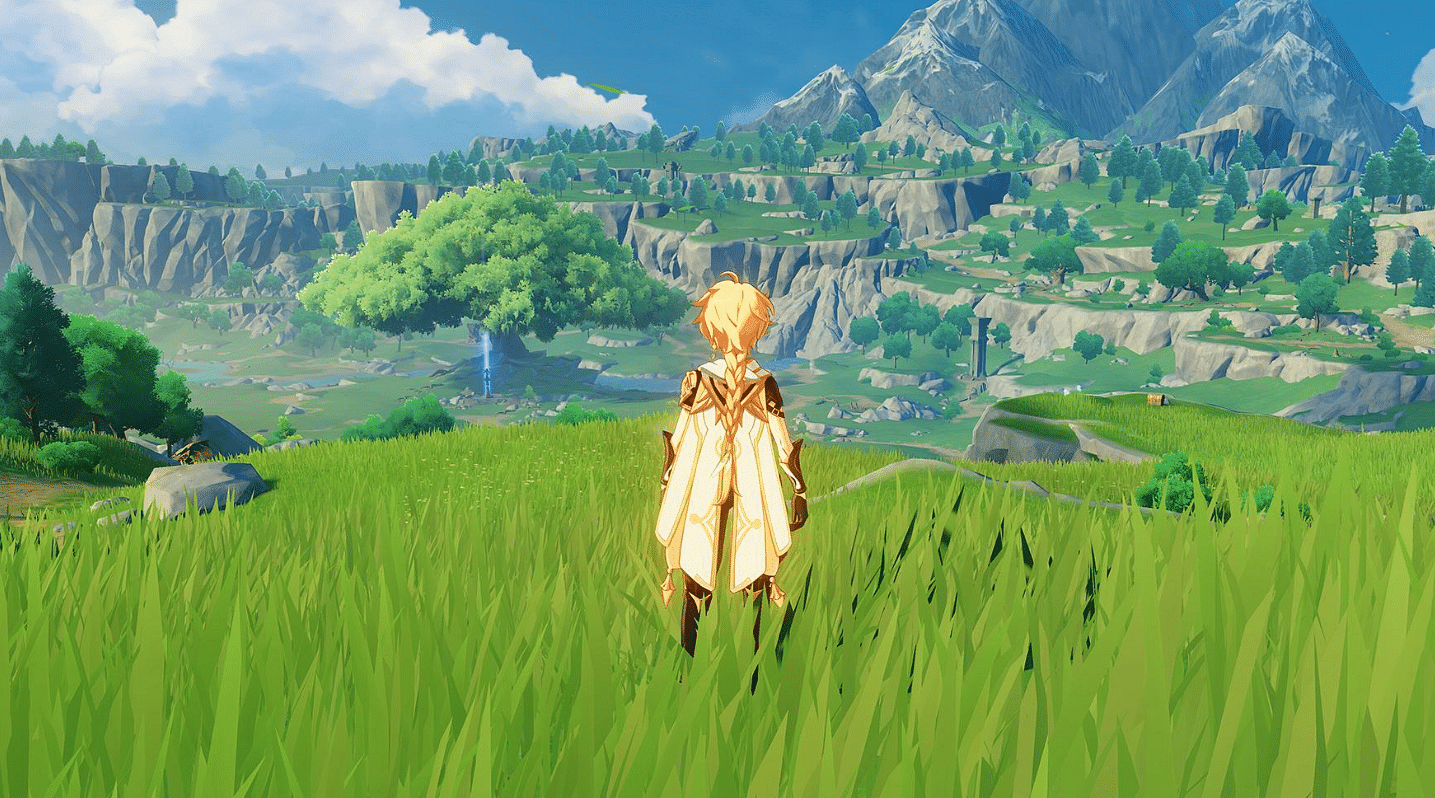

One of the challenges is that African dialects don’t necessarily provide descriptions that could be used in scientific knowledge. Added to this is the fact that current biodiversity conservation efforts unfortunately overlook the world of insects.ĭocumenting indigenous knowledge systems would be a useful way to promote entomophagy. Despite this there is still a reluctance to use insects as food. The Food and Agriculture Organisation, anticipating scarcities of agricultural land and water as well as nutrients as the world’s population increases, has spearheaded a fierce propaganda campaign promoting the benefits of entomophagy. To get even this far, however, attitudes to entomophagy need to change. To do this, it’s important that the biodiversity of edible insects is understood better, and that indigenous knowledge is uncovered. Little effort has been put into how they could be mass produced and used as a source of protein more generally. Most edible insects are harvested from the wild.

Between those two extremes are communities that have been practising entomophagy for ages. But views about entomophagy differ widely: food conscious lobbies and scientists promote insects as novel foods while at the other extreme people view eating insects as crazy. Scientists have long proposed insects as feed or foodstuff for animals. The most commonly eaten insects include caterpillars, termites, crickets and palm weevils. The dominant insect eating countries are the Democratic Republic of the Congo, Congo, the Central African Republic, Cameroon, Uganda, Zambia, Zimbabwe, Nigeria and South Africa. The continent is home to the richest diversity of edible insects – more than 500 species ranging from caterpillars (Lepidoptera) to termites (Isoptera), locusts, grasshoppers, crickets (Orthoptera), ants and bees (Hymenoptera), bugs (Heteroptera and Homoptera) and beetles (Coleoptera). It is more common in Africa than anywhere else in the world.

Globally, 2 billion people consume insects, a practise known as entomophagy.


 0 kommentar(er)
0 kommentar(er)
